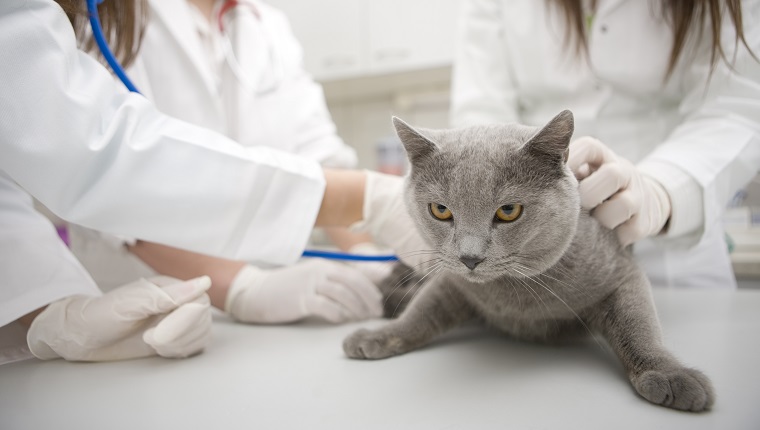Hookworm infections in cats happen when the intestinal parasite latches on to the cat’s intestinal wall in order to feed on their tissue or blood. Hookworms themselves look like tiny, very thin worms.
If you see the signs of an infection in your cat, then you must get to a veterinarian for a proper diagnosis and treatment.
Here’s what you should know about…









